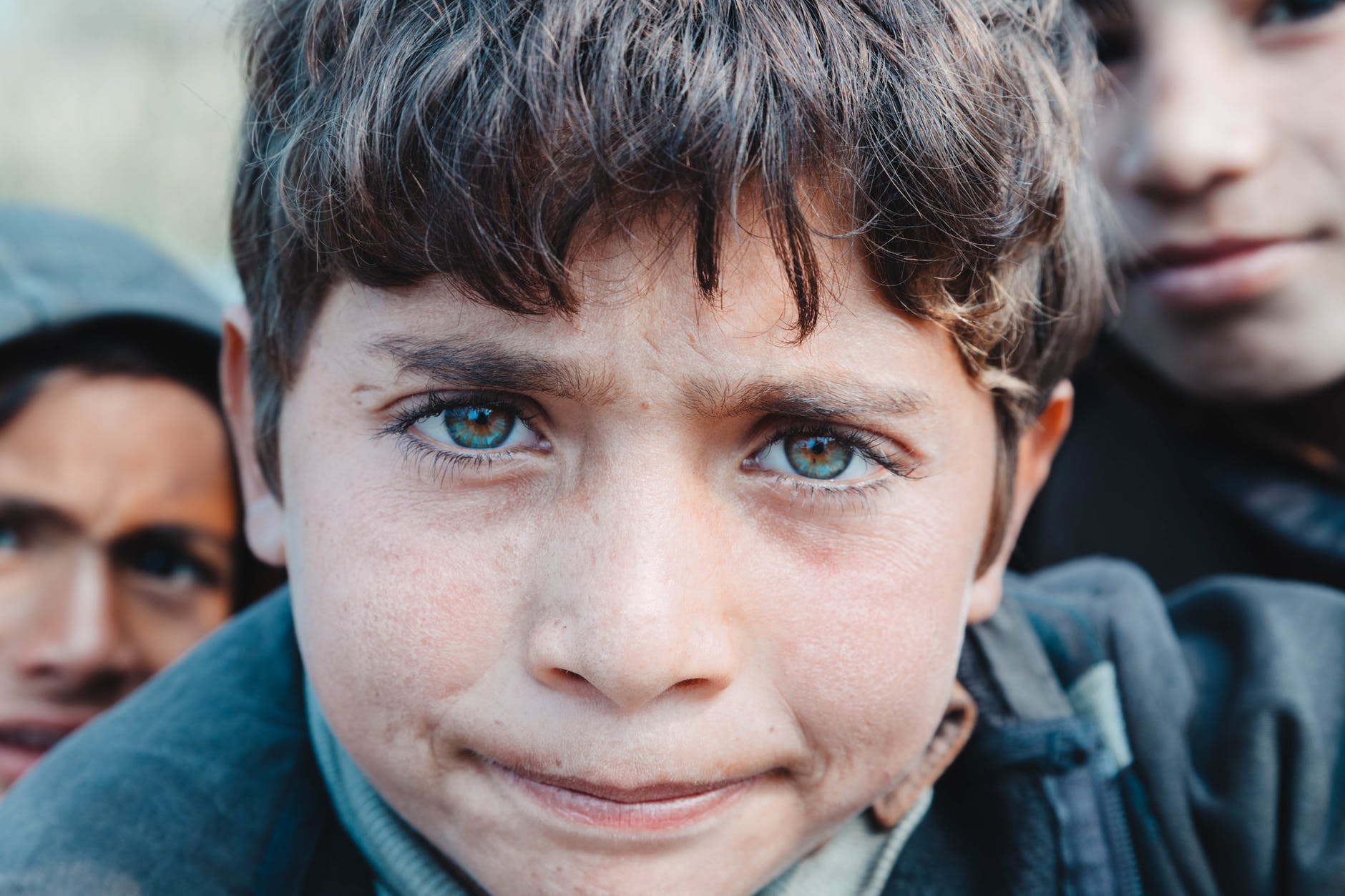Hungarian Biopolitics

by Georgina Davis
In a move to combat the country’s low birth rate and declining labour force, Orbán has announced that in exchange for women having four or more children, Hungarian women will no longer have to pay income tax. On the 10th of February Orbán announced at his ‘State of the Nation’ address: ‘women who have given birth to and raised minimum four children will be exempt from the payment of personal income tax for the rest of their lives.’
Other financial benefits and programs for women include loan expansions, subsidies for cars and crèche care. These are all great incentives for young couples to have children in Hungary.
These programs could also work to minimize Hungary’s gender inequality by making it easier for women, if they choose, to balance ‘their double role as mothers and members of the workforce’, as Andrea Peto, a gender studies professor at the Central European University, states. Of course, there is nothing wrong with providing support for families and women. However, when such support is filtered and justified through Orbán’s nationalist, racist policies it suggests, as Peto states, that ‘their bodies are being used as a resource for national development’.
It is the nationalistic aspect of theses incentives, as well as Orbán’s history with women’s rights in Hungary, that make it clear that women's bodies are being turned into political pawns.
The anti-immigrant and racist sentiment that runs strong through Orbán’s policy-making is entrenched. With a reluctance to accept migration as a solution to the labour shortages and population decline in Hungary, Orbán rests on nationalist policies. He does not want Hungarians to be ‘mixed with those of others’. This racist notion aims to create a ‘pure population’, and is not one that Orbán hides from the public. Instead, his loud justifications are an overt representation of the country’s far-right, nationalist policies; Orbán has called for a protection of ‘Hungarian identity, our Christian identity and also (our) freedom’. This runs in opposition to the EU, who in Orbán’s nationalist eyes, are diluting the Christian identity of Europe with waves of immigration.
Orbán sees what the West is doing as a surrender: ‘responding to this with immigration’ and thus ‘creating countries with mixed populations’ that result in ‘a continuously shrinking percentage of Christians.’ He goes on to say that ‘we do not need numbers, but Hungarian children’. In this way, he creates a situation of paranoia at the same time as urging people to not get ‘bogged down in our fears’ and instead, act on them in the ‘sensible’ way that doesn’t include ‘surrendering’ to immigration.
Against this backdrop, the Hungarian government adopts a biopolitical approach, turning women’s bodies into political pawns that allow the ‘traditional values’ of Hungary to be protected. Support for women and families is a positive idea, but not when used to aid Orbán’s nationalist agenda.
